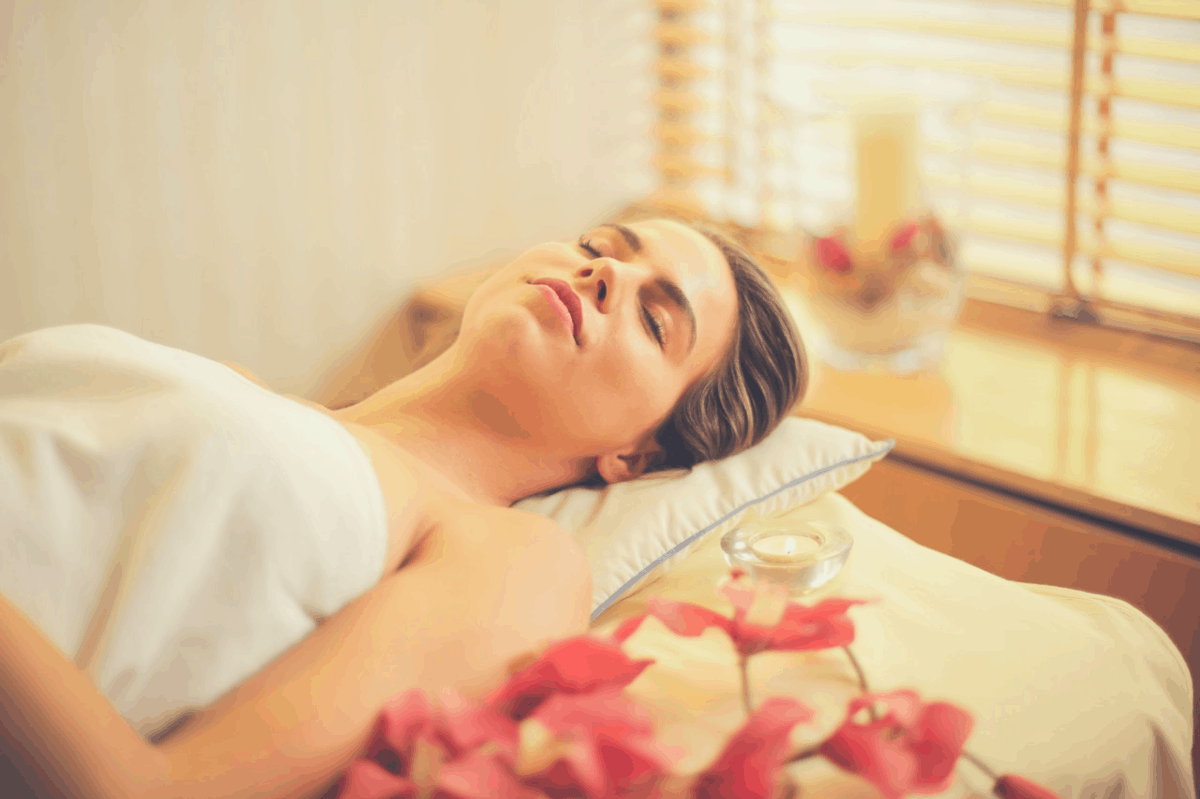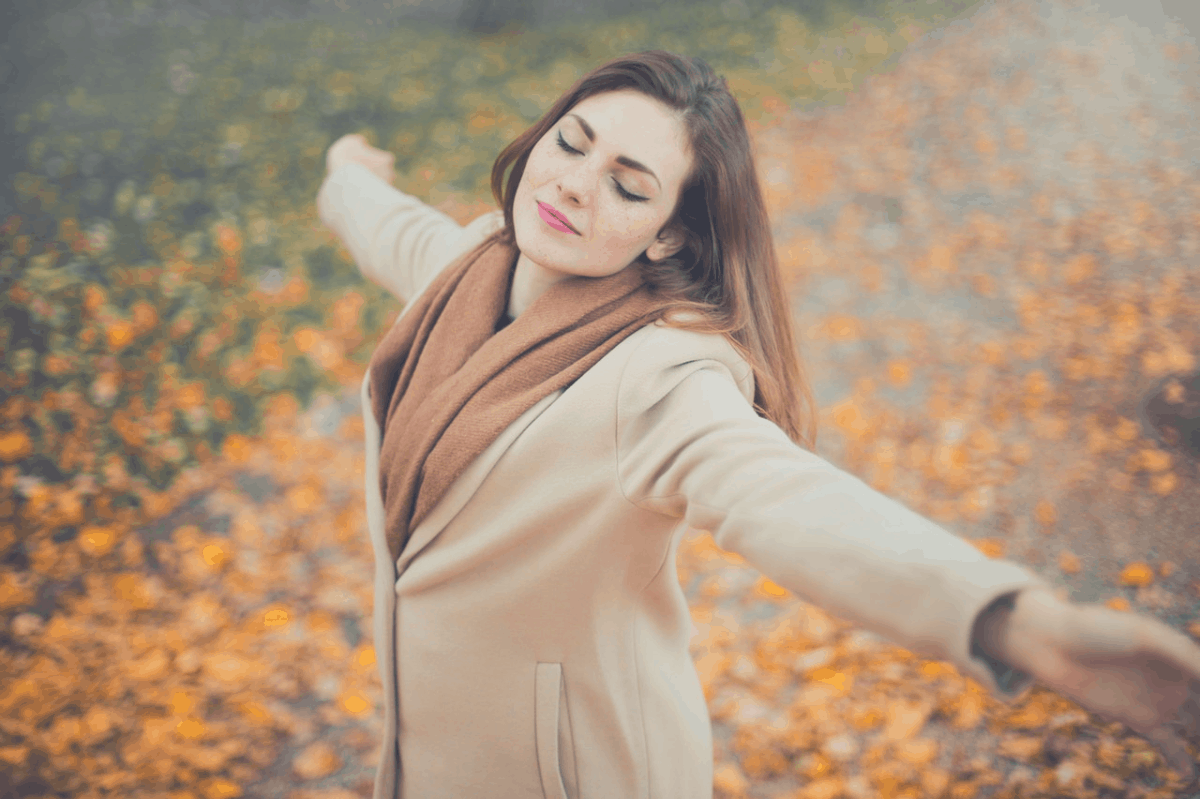After undergoing hard work, rest is essential but is that same as sleeping? The majority of people use sleeping and resting interchangeably. For instance, someone could be napping on the bus to the point of snoring. Yet the moment you tell him or her to wake up, you hear the sharp “I’m just resting and not sleeping retort”
Well, there’s a fine line between resting and sleeping. Sleeping counts as the ultimate form of rest but not all rest can be counted as sleeping.
This means there are differences between sleeping and rest. It is important to know how they differ so you do not confuse the two.
Sleeping vs Resting
OK, so you now know that sleeping and resting aren’t necessarily interchangeable. Shall we take a look at a few of the main differences between the two?
Consciousness
This is one of the main differences between sleep and resting. Sleeping is a state of mind that involves losing consciousness around you. This essentially means you lose your awareness of the things going on around you.
While being partially asleep may give you some form of awareness, you lose the ability to react to your surroundings promptly. Sleeping makes you oblivious to sights, sounds, smell, and touch.
Resting, on the other hand, involves full consciousness of your surroundings with the ability to react as and when necessary. You could even have your eyes closed which might impair your ability to see. Yet you stay in control of your sense of touch, smell, and sounds.
Brain Activity
Rapid changes occur in the human brain during sleep. As the body moves through different stages of sleep, brain waves become slower and larger. This puts the brain to sleep to recharge and repair any dead cells.
Rest doesn’t have as much of a dramatic effect on brain activity. For instance, the brain could be fully engaged when you’re lounging on a sofa and reading a magazine. While this may count as rest, the brain stays busy throughout the whole episode.
So unlike sleeping, the brain does not need to shut off during many types of rest unless you decide to rest mentally.
Life and Death
Sleep can be a matter of life and death. Staying for many days straight without rest can cause significant damage to your health including death.
The body needs to sleep after many hours of wakefulness and failure to do that has cost many people their lives. Even after 48 straight hours of staying awake, the body begins shuttling between moments of complete unconsciousness known as microsleep.
Rest on the other hand does not cause deaths. Sure, good rest is essential to performing at the highest level when fatigue kicks in. But you can keep going for as long as you want, albeit at a slower pace. Just continuing going to bed at the right time and you should be fine. At least in the short-term.
Physical Activity
The state of sleep bars you from any physical activity. Sleep causes you to lose the awareness of your surroundings meaning you cannot undertake any form of physically exhaustive activity. Even when you do, it is purely accidental because the slightest form of activity can wake you up.
But you can stay physically active during rest. For example, you might decide to rest from working in the office by taking a walk or using the restroom.
Duration
The average adult sleeps approximately 7 hours during the night. Except for a small percentage in society, the majority of us need those hours of sleep for proper functioning during the day.
Anything less than 7 hours and you could be looking forward to restlessness, fatigue, daytime sleeping, lower productivity, and other terrible side effects.
However, rest does not require such a long duration. Even 30 minutes of rest can be essential to recharging your energy levels to get back to work again.
Thus, rest usually requires a shorter duration compared to sleep.
Day or Night?
Except for a few people that work night shifts, the majority of us sleep during the night. Thus, sleep usually occurs during that period, unlike sleep which is more prevalent during the daytime.
Even the brain is conditioned to expect sleep at night. This is why most people struggle to sleep for longer during the daytime. One of the most effective ways to achieve sleep during the day is to draw curtains over your windows. This can create an illusion of nighttime for the brain to relax and sleep.
Dreams and Nightmares
Do you remember the last time you had a nightmare? How did you feel after waking up? Well, you can only have sweet dreams and terrible nightmares while asleep.
Again, this is due to the loss of consciousness of your surroundings. No wonder dreams and nightmares seem so believable until you wake up.
Ample resting can save you from the roller coaster of memorable dreams and bone-chilling nightmares. A few people daydream sometimes but that happens while they’re fully conscious.
Does Closing Your Eyes for a Long Time Count as Sleeping?

The answer is no. Closing your eyes may be the first step towards achieving sleep but that does not necessarily mean sleeping. You only sleep when you lose consciousness of your surroundings due to your brain moving into sleep mode.
As long as you retain your senses and stay aware of your environment, that cannot count as sleep. Failure to sleep after closing your eyes only counts as rest and not sleep.
Most insomniacs close their eyes for hours without drifting off to sleep. This is why they wake up to fatigue, headaches, mood swings, and other signs of sleep deprivation.
How to Get Rest Without Sleep
There are times when you’re exhausted from working or studying hard. However, sleep may not be practical and the only way to rejuvenate your body is to rest. Here are a couple of tips to get rest without sleep.
Socializing
Social rest involves taking some time off work or school to chat with friends and family over all kinds of topics. If you cannot get away from the office, a couple of minutes of office over a cup of coffee with your colleagues can be good for your health.
A few minutes of chatting with your buddies can be helpful to your well-being in so many ways. Studies have shown this reduces the level of stress hormones in your body which makes your moods more pleasant.
Sex with your partner is another great way of socializing. It helps removes Cortisol levels and boosts the production of endorphins that make you happy.
Mental Rest
Multitasking is the rule of the game now. At any point in time, our minds are focused on doing multiple tasks at the same time which can lead to mental fatigue. By clearing our minds of these multiple distractions, we’re able to focus on one thing at a time.
Instead of driving and texting or reading a magazine while eating, we can take a mental rest by unplugging from our gadgets during specific times of the day. This can reduce the burden on the brain and enhance creativity and productivity.
Physical Rest
Physical rest involves bringing the body to a standstill to help recuperation and recharging. Lying down on the sofa with your feet up in the air is one of the most popular examples of physical rest.
But power naps offer another great way to rest the body from its physical exhaustion. Also known as Cat naps, these involve short 20-30 minute naps that allow your body to rest without necessarily losing awareness of your environment.
Many professionals say power naps between 1-3 pm during working hours gives them an instant fuse of energy to maintain productivity levels for the rest of the day.
Try to take deep breaths while visualizing the sounds of your breathing. This can help you stay more relaxed during physical rest.
Prayer and Meditation

If you’ve ever meditated or prayed before then you know how much getting into the right mental zone is critical. This can be a great way to rest as you unplug from the world around you to focus on those spiritual activities.
Meditation has been linked with numerous benefits including significant improvements in concentration and attention.
Routine meditation also boosts breathing and blood circulations – 2 important functions that can improve your health significantly by improving muscle coordination and memory.
Additionally, many studies have shown that prayer has similar benefits as meditation for the brain. No wonder those who’re actively religious tend to live longer than their secular counterparts according to research.
Have you read the article we wrote on the differences between sleep and meditation? Click here to check it out.
Laying in Bed for Hours Without Sleep
Not being able to sleep after lying in bed for hours can be frustrating. It can be even more mind-boggling when you’re feeling smashed after a long day yet sleep continues to evade you. There could be a variety of reasons for this including eating too close to bedtime or unfavorable room temperature. It could also be due to an underlying health condition.
Whatever the reasons may be, here are the best ways to sleep after lying in bed for hours.
- Dim the lights not just in the bedroom but around the house
- Switch off TVs, radios, and any sound sources
- Unplug from smartphones, laptops, games, and any electronic gadgets
- Engage in breathing exercises for a couple of minutes
- Read a book, especially a boring one
- If none of these steps works, take over the counter sleep aids such as Benadryl
Conclusion
Sleeping is not the same as resting. There are differences and knowing what they are can help you decide what you need at any point in time.
Remember, rest and sleep are both essential for your health and wellness so make time for both. Even if you live an ultra-busy life, you can actively make time for sleep and rest by making conscious time management decisions.
